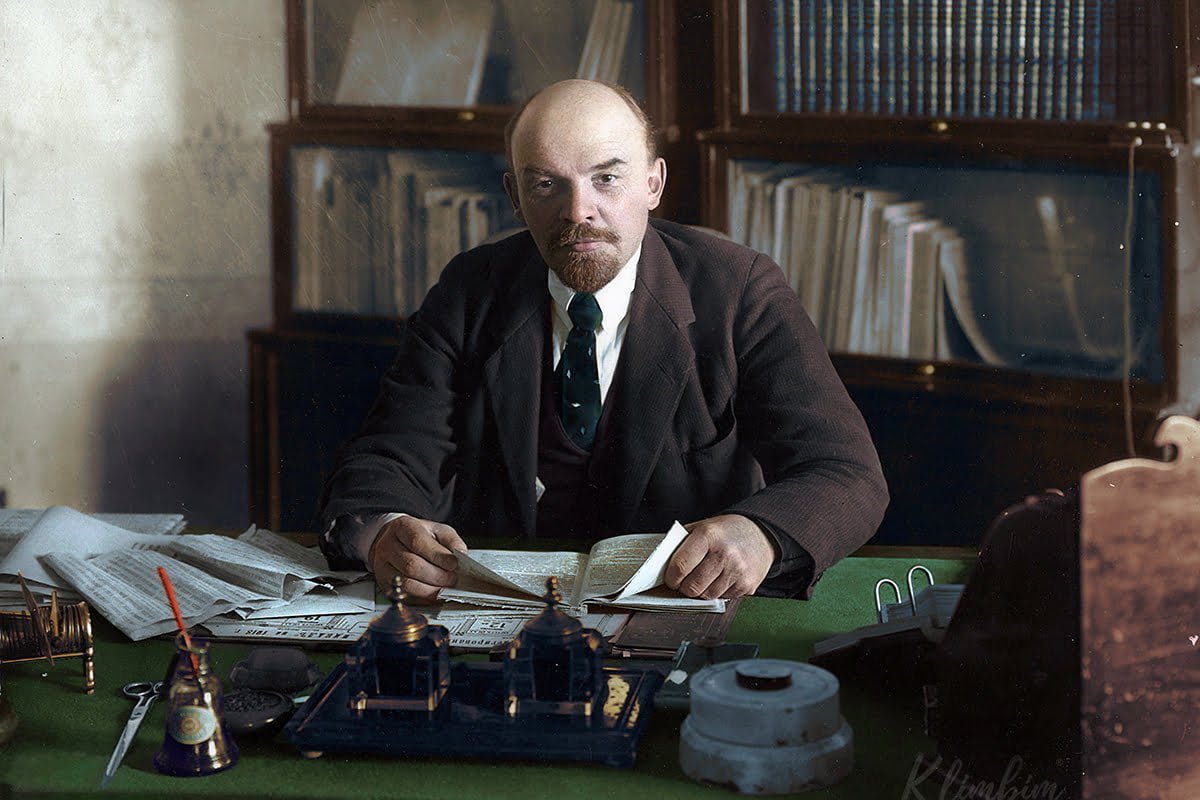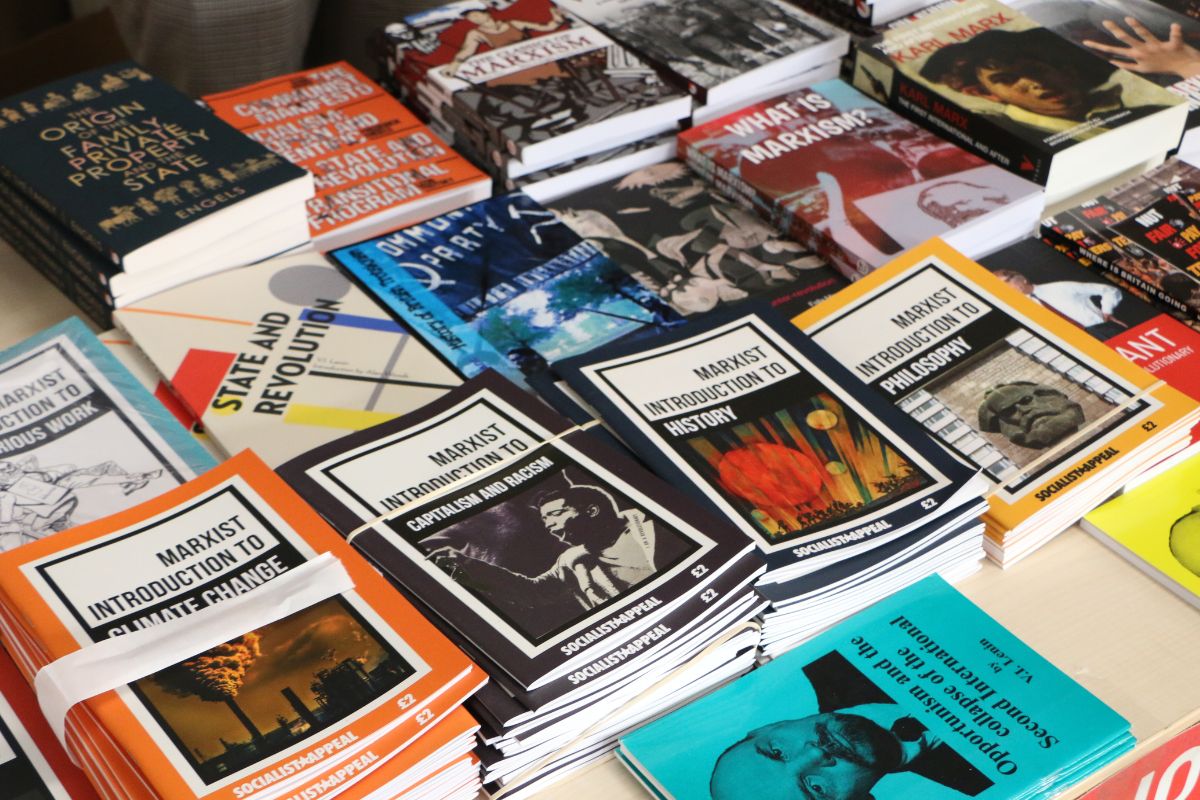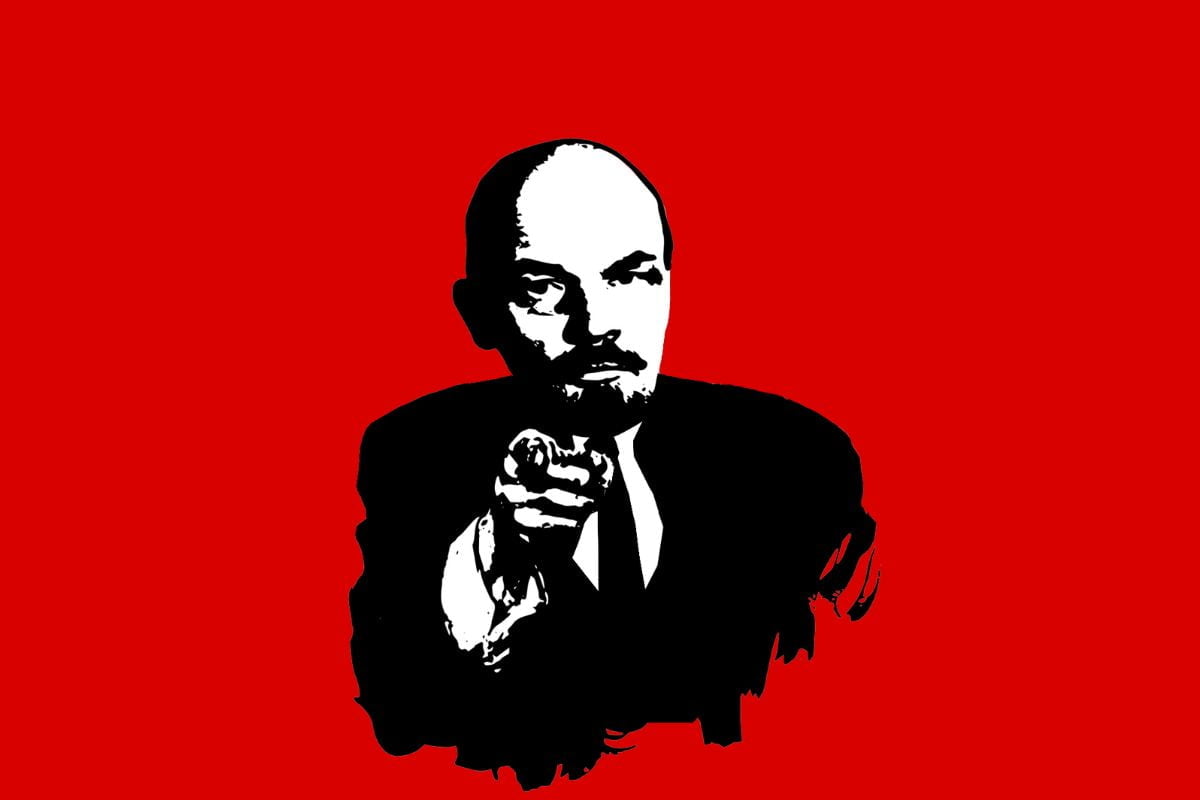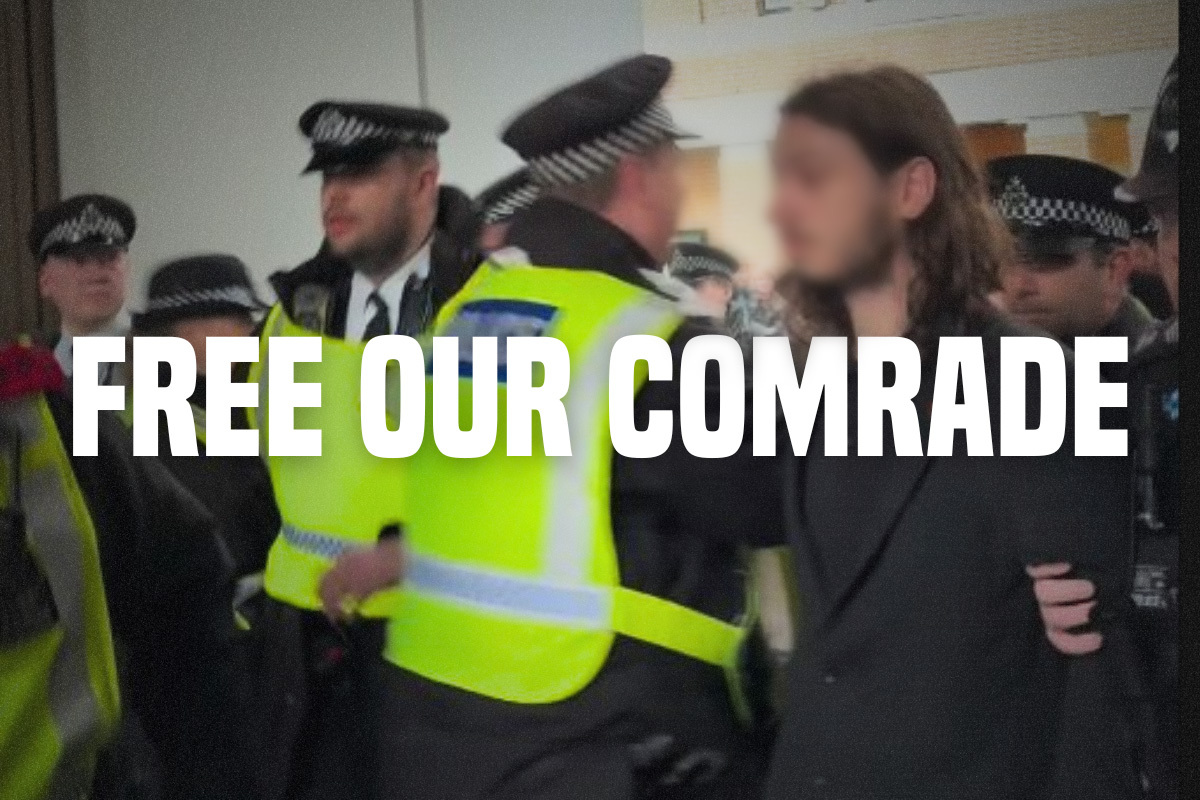In the coming weeks, hundreds of thousands of young people will be heading to university campuses and colleges to start their studies.
IMT activists will be intervening in these places to build new communist cells, and train up a new generation of revolutionaries.
As any student will know, or will soon come to discover, communist ideas are not particularly welcome in the education system.
In 2020, for example, the Tories banned the teaching of anti-capitalist views in schools.
And in universities, courses from sociology, to politics, to economics are full to the brim of ideas that attack and distort Marxism, and that defend the rotten status quo.
Postmodernist ‘philosophy’ denies that we can really know anything about the world. Identity politics reduces the fight against oppression to superficial changes – over language, for example – at an individual level.
According to the learned scholars of academia, Marxism is outdated and Eurocentric. And we are told that past attempts to overthrow capitalism, like the Russian Revolution, were merely bloody coups.
This is the ideological swamp that young communists must wade through. The task of studying, clarifying, and defending the ideas of genuine Marxism, therefore, is the first step of being a communist.
Revolutionary theory

Lenin stressed that “without revolutionary theory, there can be no revolutionary movement”. In order to change the world, we must first understand it.
Studying the Marxist method and the history of the class struggle is not an optional extra or hobby. It’s an essential part of communist work, connecting our day-to-day activity to a broader perspective.
At recruitment stalls and freshers’ fairs, we will be inundated with 1,001 questions like: “What about Stalin and the Soviet Union?”; “Does communism mean that there will be no freedom and individuality?”; or “Isn’t revolution impossible in a country like Britain?”.
We need to be able to answer these myths of Marxism with confidence and skill, in order to inspire a fresh layer of comrades to dedicate themselves to the fight for communism.
Furthermore, without Marxist ideas as a guide to action, how are we going to understand the role of students in the class struggle? How are we going to know what kind of demands to raise in the movement? Or which methods to use in a strike or a student campaign?
We need to do our homework!
Time to get educated!
The first step of building a communist cell in a college or university is to organise regular political discussions, including day schools and reading groups, where new recruits can discuss the fundamentals of Marxism, such as philosophy, the Marxist view of history, and economics.
From there, you can branch out to other topics. Our Marxist education hub has plenty of material to help with this, covering subjects like the state and revolution, imperialism, and communist strategy and tactics.
Time should also be given to review our recent activity and events on campus; to answer questions that have come up in the course of our revolutionary work, so that we can sharpen our ability to explain our ideas on the spot.
As communists, we have over a hundred years of experience to draw upon: from the struggle of Marx and Engels to establish the First International; to the Bolsheviks and the Communist International, and beyond.
These valuable lessons have been handed down to us by great teachers like Marx, Engels, Lenin, and Trotsky. It’s our duty to study them.
But communists don’t just look to the past. The whole point of studying these ideas is to apply them to the fight for revolution today. Communists must therefore keep abreast of current events across the world.
We have a daily website, marxist.com, publishing analysis on the latest international developments, like the collapse of imperialism in West Africa, the Ukraine war, and the seismic shifts taking place in world relations. These should also be regularly discussed, using the Socialist Appeal paper as a guide.
Arsenal of Marxism

Once this passion for revolutionary ideas has been kindled, all comrades should embark upon their own independent study, making use of the arsenal of theoretical weapons that the IMT has to offer.
There’s the In Defence of Marxism theoretical magazine, our international journal of communist education, published in eight different languages.
And there’s the Wellred bookstore, which has an impressive selection of books and pamphlets, covering everything from the British trade union movement to the class struggles in the Roman Republic.
New cells and branches should raise funds to purchase these materials for selling in meetings and on stalls. Students should also apply for university libraries to stock these titles, to build the profile of the Marxist publishing house.
The ruling class has every means at its disposal to spread its ideas. The task falls on our shoulders alone to spread the ideas of communism.
In the next part of this series, ‘Agitate!’, we will deal with how to connect communist ideas to the struggles of workers and young people. Stay tuned!






